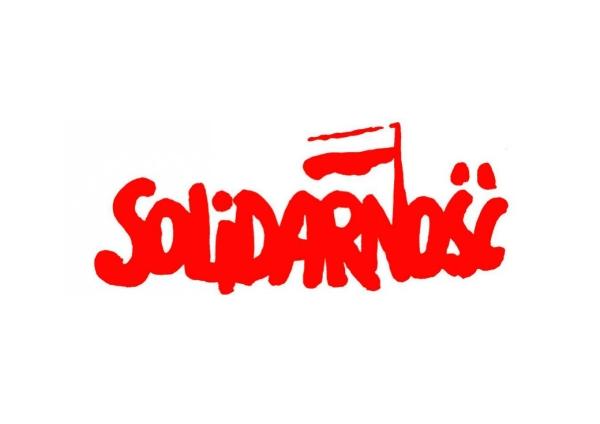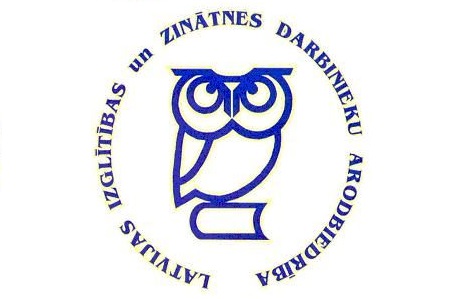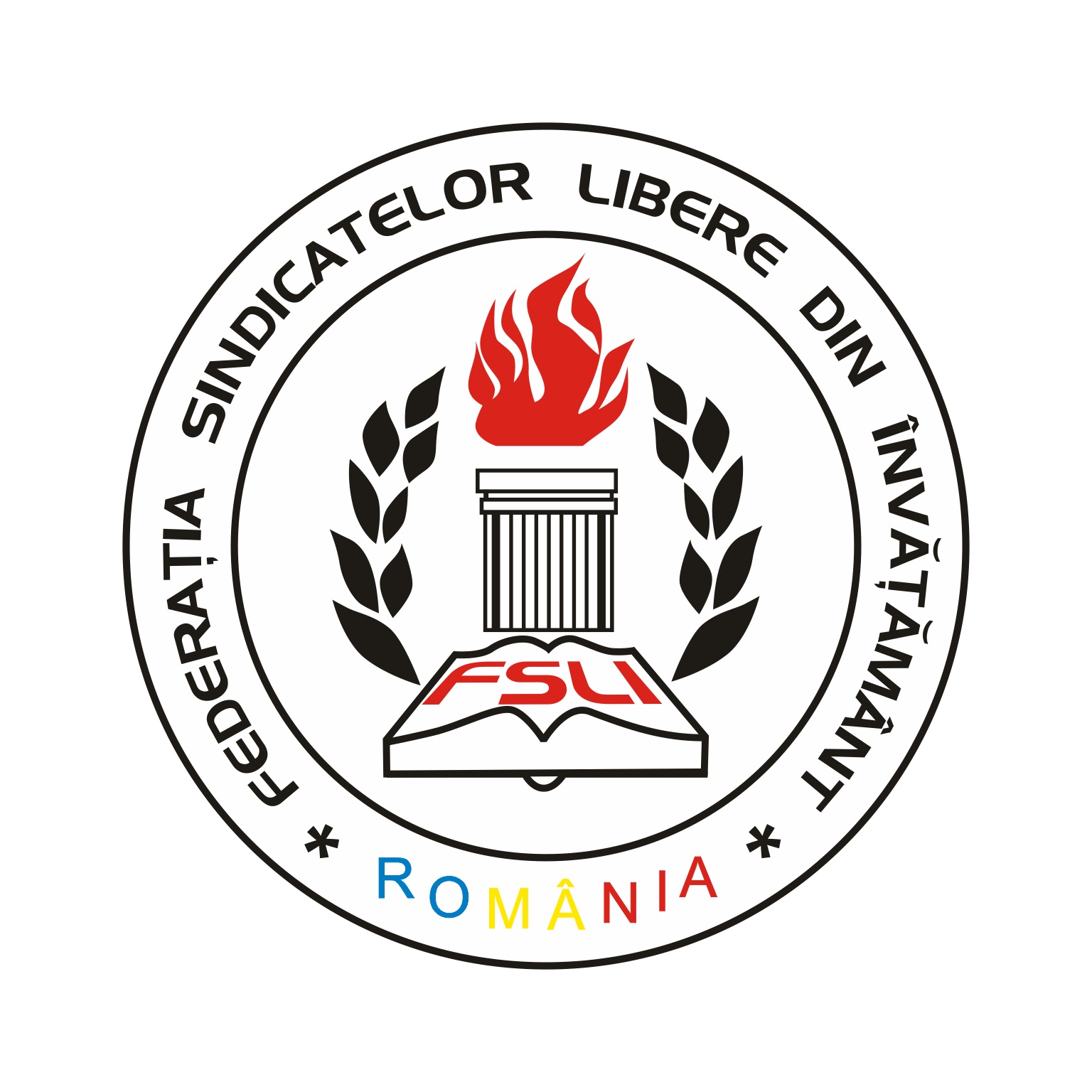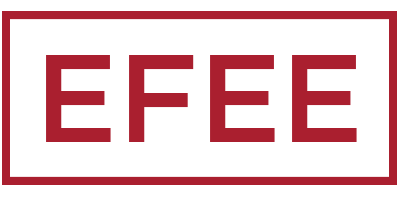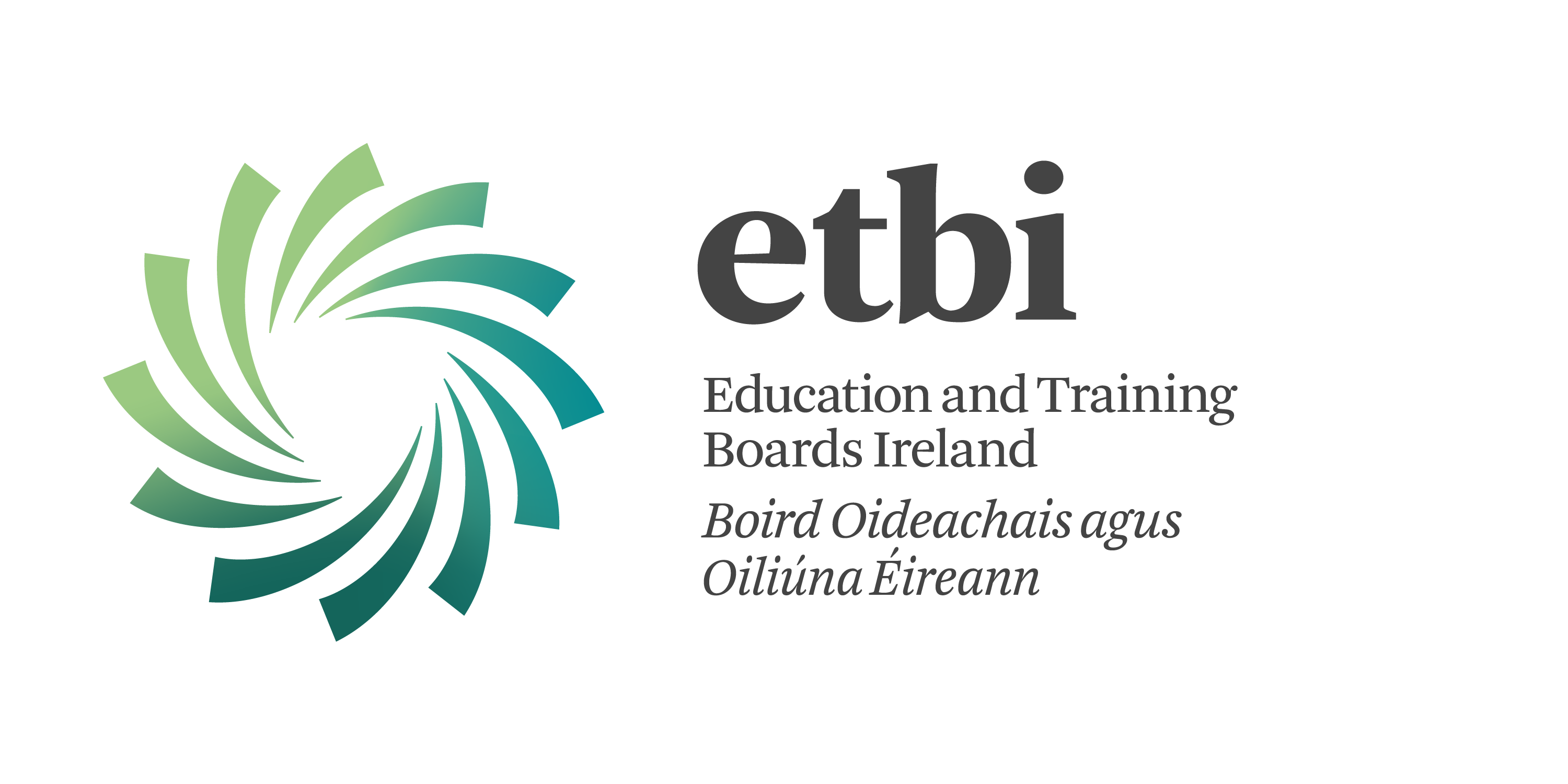Kick-off Conference
Building on the findings of the joint ETUCE – EFEE project “European Sectoral Social Partners in Education promoting effective integration of migrants and refugees in education” (2017-2019), the project ‘In and Through Education: Education Trade Unions support the inclusion of refugees and migrants’ aims to further build the capacity of the education trade unions on providing specific support to their affiliates regarding the inclusion of refugees and migrants in the education system, and linking it to the attractiveness of the teaching profession. The project also seeks to address the specificities of the refugees from Ukraine.
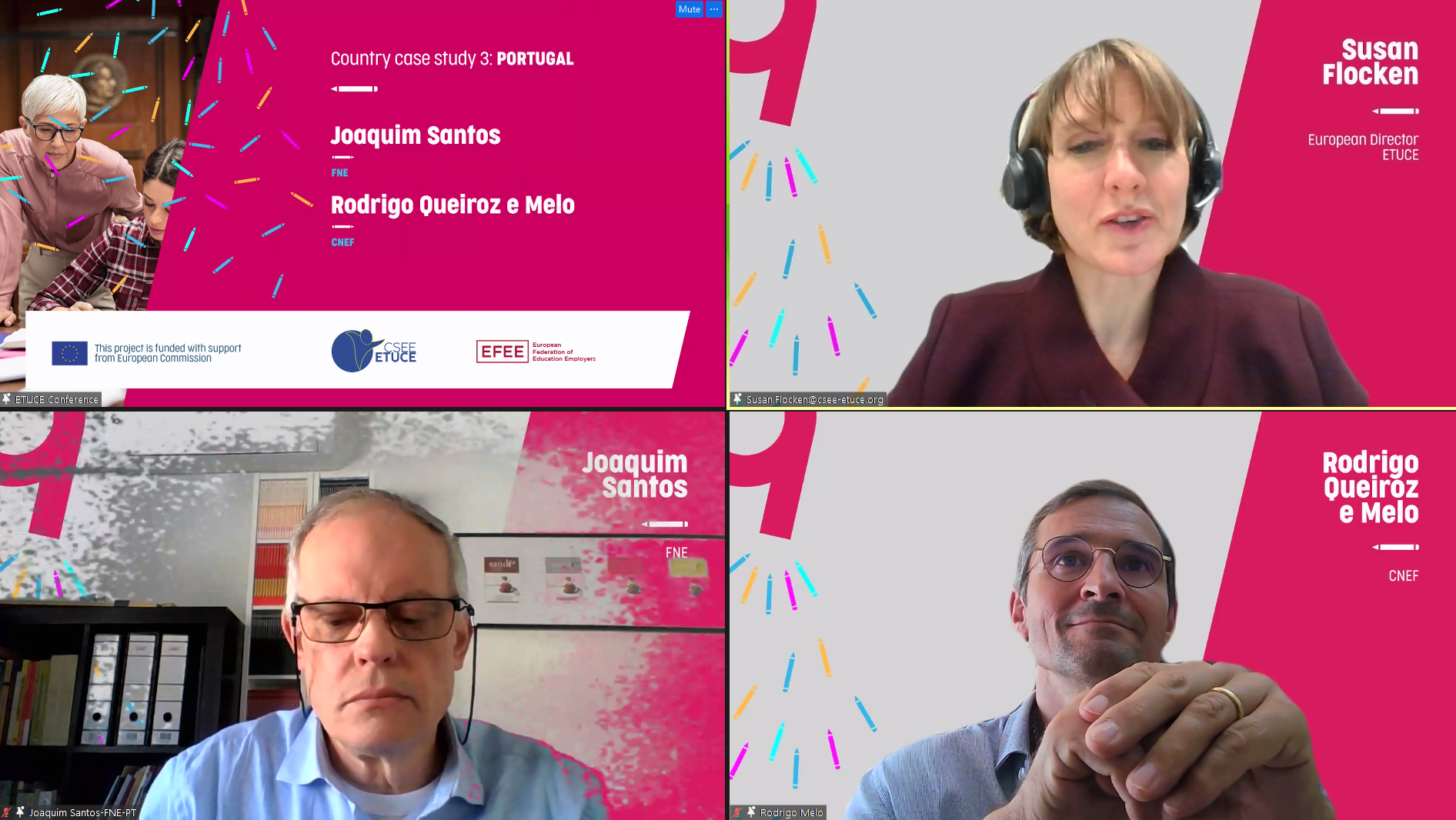
Advisory Group
- John MacGabhann TUI Ireland
- Ana Čanović TUEM Montenegro
- Agata Adamek KSOiW NSZZ Solidarnosc Poland
- Inga Vanaga LIZDA Latvia
- Alexandra Cornea FSLI Romania
- Rossella Benedetti UIL-Scuola Italy
- Daniel Wisniewski EFEE Belgium
- Samira Bührer EFEE Belgium
- Paul Fields ETBI Ireland
- Luigi Sepacci ANNISEI Italy
- Jussi-Pekka Rode Finish Education Employers Finland
Funding
This project is funded with support from the European Commission.
On 27 October 2021, ETUCE and EFEE held the online kick-off seminar for their joint social partner project “Towards a Framework of Action on the Attractiveness of the Teaching Profession through Effective Social Dialogue”. The outputs of this conference will inform current research and upcoming activities within this project, and feed into the work of the European Sectoral Social Dialogue Committee.
This project was developed as a result of the ETUCE-EFEE Joint Declaration (2018), which seeks to raise awareness in European societies on the importance and value of the teaching profession, within quality education institutions that are inclusive, learner-centred, and sustainable. The project aims to further enhance the contribution of the education social partners at all levels for an attractive teaching profession, and to continuously promote and improve social dialogue structures and capacities to rise to the challenges facing the future of education.
Daniel Wisniewski, EFEE’s General Secretary, chaired the morning session, during which participants had the opportunity to listen and ask questions to two experts in the field of education policy. Peter Birch, coordinator for education policy and systems analysis at Eurydice (European Commission), presented the 2021 Eurydice Network report ‘Teachers in Europe. Careers, Development and Well-Being’. Evidence from the report shows that the attractiveness of the teaching profession, measured here in terms of working conditions and teacher well-being, has been negatively impacted by the COVID-19 pandemic, and that more than 50% of teachers in a majority of countries reported being dissatisfied with their salaries.
Howard Stevenson, professor at the University of Nottingham (UK), explained that there are three set of explanations for the relative unattractiveness of the teaching profession: demographic factors, public investment commitments, and national education policy priorities. Social dialogue is crucial for offsetting the retention and recruitment problems that are plaguing at least a quarter of European countries.
Susan Flocken, ETUCE’s European Director, chaired the afternoon session. Social partners from Belgium, Ireland, Poland, and Portugal took turns to present how they have promoted the attractiveness of the teaching profession through social dialogue in their respective countries. Participants became acquainted with the many common challenges and common opportunities for improvement. In break-out groups the participants compared and contrasted priority areas regarding the attractiveness of the teaching profession in their country context. Participants agreed that teachers face excessive administrative burdens, lack of respect for the profession, challenges of digitalisation, and the need to create more space for social dialogue at institutional level. Incremental salary increases, permanent employment contracts, recruitment campaigns, and more school and teacher autonomy were listed as possible policy solutions to the problem of low attractiveness.
Susan Flocken closed the conference by reminding participants of ETUCE’s and EFEE’s commitment to jointly produce a framework of action at European level. Social dialogue provides an opportunity for amplifying the voices of social partners to contribute to a better, more attractive teaching profession.


